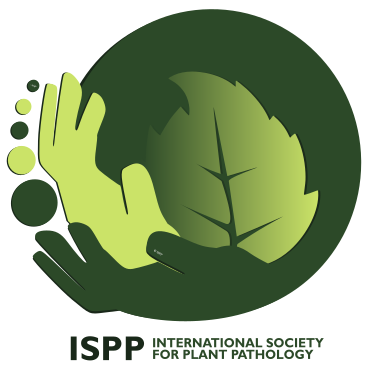International Society for Plant Pathology
Task Force on Global Food Security
Congress Challenge: Project in Ghana
On the occasion of the 2003 International Congress of Plant Pathology, the Task Force's
Congress Challenge to submit ideas that would enable plant pathology to contribute further to the challenge of global food security was met with an excellent
response.
After much consideration, the Task Force recommended the Proposal from the Crops Research Institute, Ghana, entitled "
Development of Appropriate Strategies to Control Cassava Diseases in Ghana".
$50,000 over 3 years has now been awarded to the CSIR
Crops Research Institute, Kumasi, Ghana, for this project, coordinated by Dr Emmanuel Moses. It can be summarized as follows.
Objectives:
- To develop appropriate measures to control root rot disease of cassava.
- To create and increase farmers awareness to diseases of cassava particularly the root rot caused by Polyporus sulphureus.
- To train and equip farmers with simple skills that will enable them identify diseases and control them on their farms.
- To develop simple educational materials on diseases and their control to improve extension delivery.
Expected outputs:
- Incidence and severity of root rot and other diseases reduced significantly.
- Yield losses due to root rot and other diseases reduced.
- Farmers in endemic areas in southern Ghana trained to identify and control diseases.
- Agricultural Extension agents in endemic areas trained in disease control strategies.
- Fact sheets on diseases and their control produced.
Beneficiaries:
- Resource-poor farmers who depend on cassava as a cash and food security crop.
- Over 80% of 18 million people in Ghana who depend on cassava as a major staple food.
- Industries that depend on cassava as a raw material.
The project started in April 2004. Reports will be presented annually. Reports
for
Year 1 and
Year 2 are available.
Enquiries about activities of the Task Force will be welcomed by the
Chairman.

